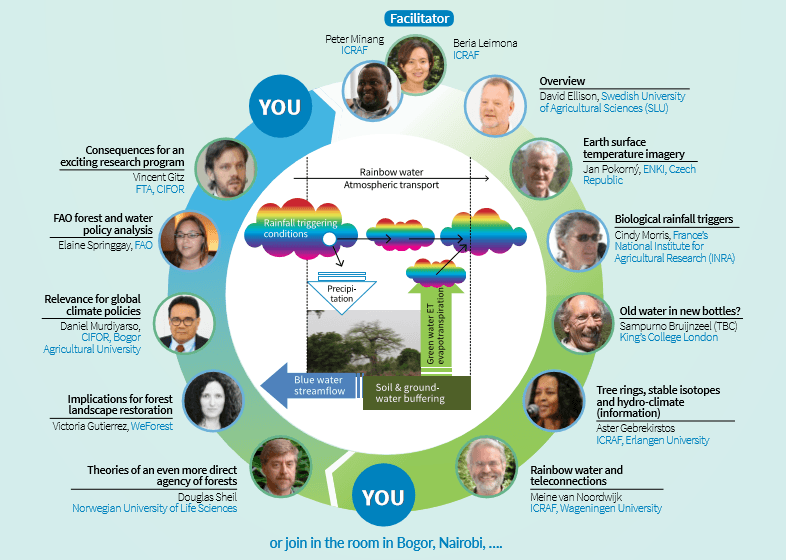Global News
- Details
- Category: Global News
The United Nations website states as follows:
On 1 January 2016, the 17 Sustainable Development Goals (SDGs) of the 2030 Agenda for Sustainable Development — adopted by world leaders in September 2015 at an historic UN Summit — officially came into force. Over the next fifteen years, with these new Goals that universally apply to all, countries will mobilize efforts to end all forms of poverty, fight inequalities and tackle climate change, while ensuring that no one is left behind.
Authors of original papers, or conference papers that have been significantly extended or otherwise enhanced in comparison to the original conference paper, for the special issue should be submitted through the ISPRS Journal web site http://ees.elsevier.com/photo/ ‘UN Sustainable Development Goals’. The papers will go through a 2 stage review process, commencing with a 750 word abstract. Following acceptance of abstracts soon after submission, as appropriate for the Special Issue, full papers can be submitted for the normal Journal peer review process before publication. The planned timeline for processing paper is as follows:
(Please send the abstract of your proposed paper to the guest editor's email at This email address is being protected from spambots. You need JavaScript enabled to view it..)
Notification of acceptance or rejection of abstracts: 13 May 2017
Deadline for submission of papers: 30 July 2017
Completion of review process: 31 January 2018
- Details
- Category: Global News
The issue is available online and open access:
http://www.bioone.org/toc/mred/37/1
Read about the journal’s section policies, guidelines, and submission procedure at:
http://www.mrd-journal.org/
The MRD Editorial Team
MRD Editorial Office, University of Bern, Centre for Development and Environment
This email address is being protected from spambots. You need JavaScript enabled to view it.
- Details
- Category: Global News
2-7 July, Brest, Brittany, France
- Details
- Category: Global News
5-19 July 2017, Ornea / Pieve Tesino, Italy
- Details
- Category: Global News
Virtual Symposium, 21-22 March 2017
Planting trees seems like sensible choice when it comes to mitigating climate change, but crucial aspects of the relationships between trees and climate have so far been overlooked in climate research, the new review Trees, forests and water: cool insights for a hot world concludes. The authors suggest that the global conversation on trees, forests and climate needs to be turned on its head: the direct effects of trees on the climate via rainfall and cooling may be more important than the well-studied effects through the global carbon balance. Yet, current climate policy tends to focus on carbon.
Therefore, on the occasion of the International Day of Forests (21 March) and World Water Day (22 March), the CGIAR Research Program on Forests, Trees and Agroforestry (FTA) is hosting a virtual symposium on the linkages of forests, water and climate. For more information please read their blog.
Program
21 March: 8am GMT – 11am GMT* Presentations and initial questions
22 March: 8am GMT – 11am GMT Discussion Forum (e.g. on policy implications)
Times:
* Places where physical meetings are planned to which you are invited.
Indonesia: 15:00-18:00 (WIB); Kenya: 11:00-14:00; W Europe: 9:00-12:00; UK: 8:00-11:00;
Americas: late night or very early morning depending on your timezone.
More information
- Details
- Category: Global News
The Economic and Financial Committee (Second Committee) of the United Nations General Assembly adopted the new resolution on sustainable mountain development on 18 November 2016. The resolution, which was submitted to the Second Committee by 46 States, discusses the economic, social and environmental statuses of mountains and calls for sustainable mountain development through international processes, financial mechanisms, awareness-raising and research.
- Details
- Category: Global News
Mountain Partnership (MP) members The Mountain Institute (TMI) and the Russian Academy of Natural Sciences (RANS) presented an oral statement on behalf of the MP on 7 February 2017 during the 55th Commission for Social Development (CSocD55) at United Nations Headquarters in New York. Their statement called for the creation of a permanent, official UN entity “to insure that mountain stakeholders have a voice in implementing UN processes and the 2030 Agenda”.
- Details
- Category: Global News
The University of Basel invites PhD students to the 4th international and interdisciplinary PhD Summer School 'Research on Sustainable Development'. The school will take place from 10 – 14 July 2017 at the University of Basel, Switzerland.
This year's Summer School examines the interlinkages between sustainability and risk issues throughout all disciplines. In an inspiring interdisciplinary setting we will discuss and analyse approaches that conceptually and empirically link questions of sustainability and risks. The School will be highly interactive.






